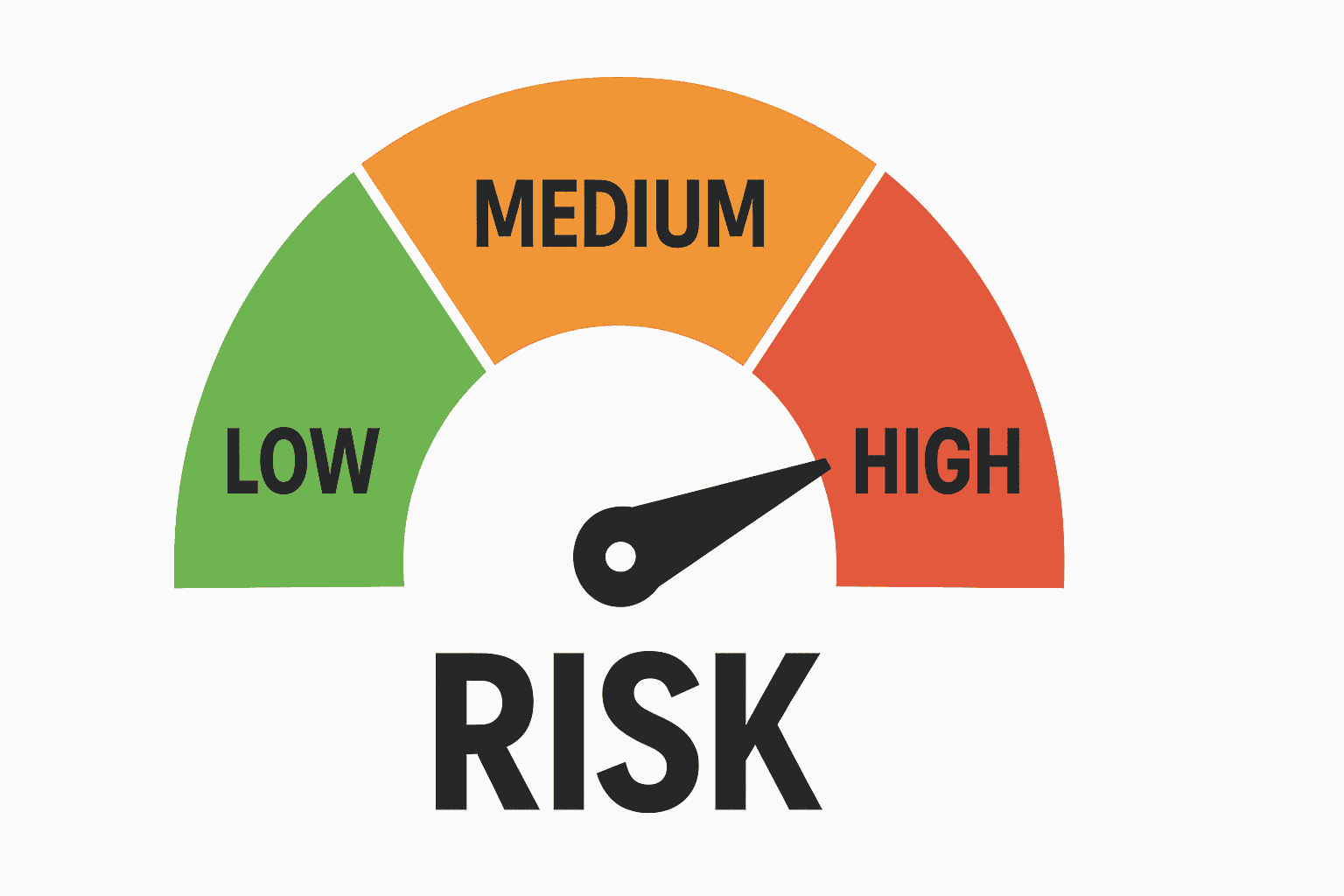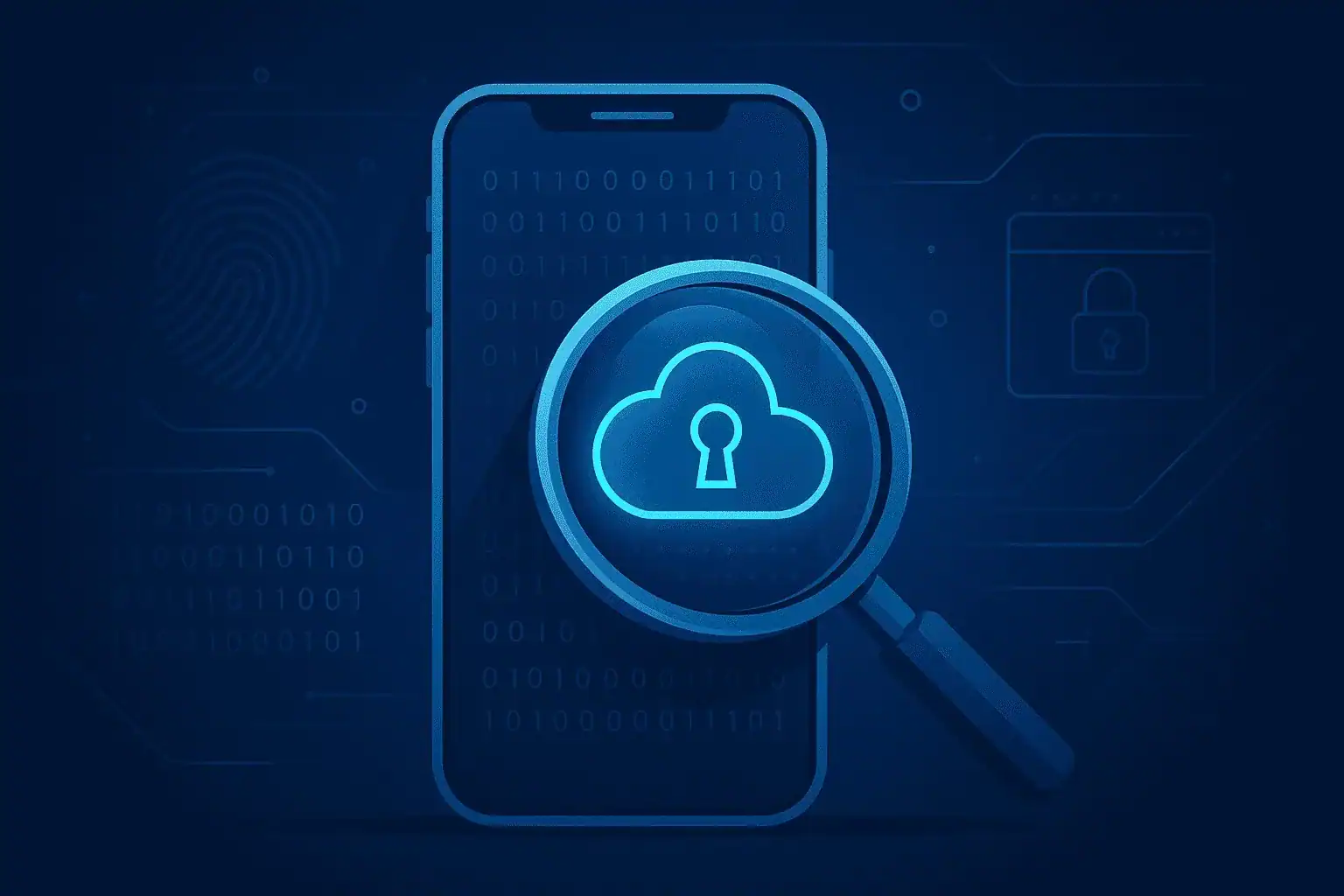The Importance of Early Case Assessment in Digital Forensics
In today’s legal landscape, digital evidence plays a pivotal role in both civil and criminal litigation. From emails and text messages to social media posts and cloud data, the sheer volume and complexity of digital information can be overwhelming. That’s where early case assessment (ECA) comes in, providing a strategic advantage for attorneys navigating the intricacies of digital forensics.
The American Bar Association’s article, “Forensic Examination of Digital Devices in Civil Litigation: Legal, Ethical, and Technical Traps,” emphasizes that understanding digital evidence’s legal and technical aspects is crucial for a successful case outcome. ECA serves as the initial step in this process, enabling attorneys to identify potential digital evidence sources and develop a well-informed strategy for collection and preservation.
Early case assessment allows attorneys to gain a comprehensive understanding of the digital landscape relevant to their case. By working with a qualified digital forensics firm, such as Lucid Truth Technologies, attorneys can identify crucial information custodians, relevant data sources, and items of potential evidentiary value. This initial assessment is crucial in formulating a targeted approach to data collection, ensuring that only pertinent information is gathered while minimizing the risk of over-collection and associated costs.
Moreover, ECA helps attorneys assess digital evidence’s potential risks and challenges. For instance, the ABA article highlights the importance of legal authority when accessing and examining digital devices. ECA allows attorneys to determine the necessary legal steps, such as obtaining warrants or subpoenas, to ensure the admissibility of digital evidence in court.
A qualified digital forensics examiner can assess the type of devices involved, the potential data storage locations, and any encryption or security measures that may be in place.
In addition to legal considerations, ECA can uncover technical complexities that may impact the investigation. A qualified digital forensics examiner can assess the type of devices involved, the potential data storage locations, and any encryption or security measures that may be in place. This knowledge is invaluable in planning a successful forensic examination and avoiding potential pitfalls.
Furthermore, early case assessment fosters a collaborative relationship between the attorney and the client. By engaging in meaningful discussions about the digital evidence involved in the case, attorneys can educate their clients and manage their expectations regarding scope and costs. This proactive approach ensures that both parties are on the same page, enhancing the sense of connection and involvement throughout the litigation process.
In conclusion, early case assessment is critical to any litigation involving digital evidence. It allows attorneys to identify potential evidence, assess risks and challenges, and develop a strategic plan for collection and preservation. By working with a qualified digital forensics examiner early in the case, attorneys can maximize the value of digital evidence while ensuring compliance with legal and ethical standards.




